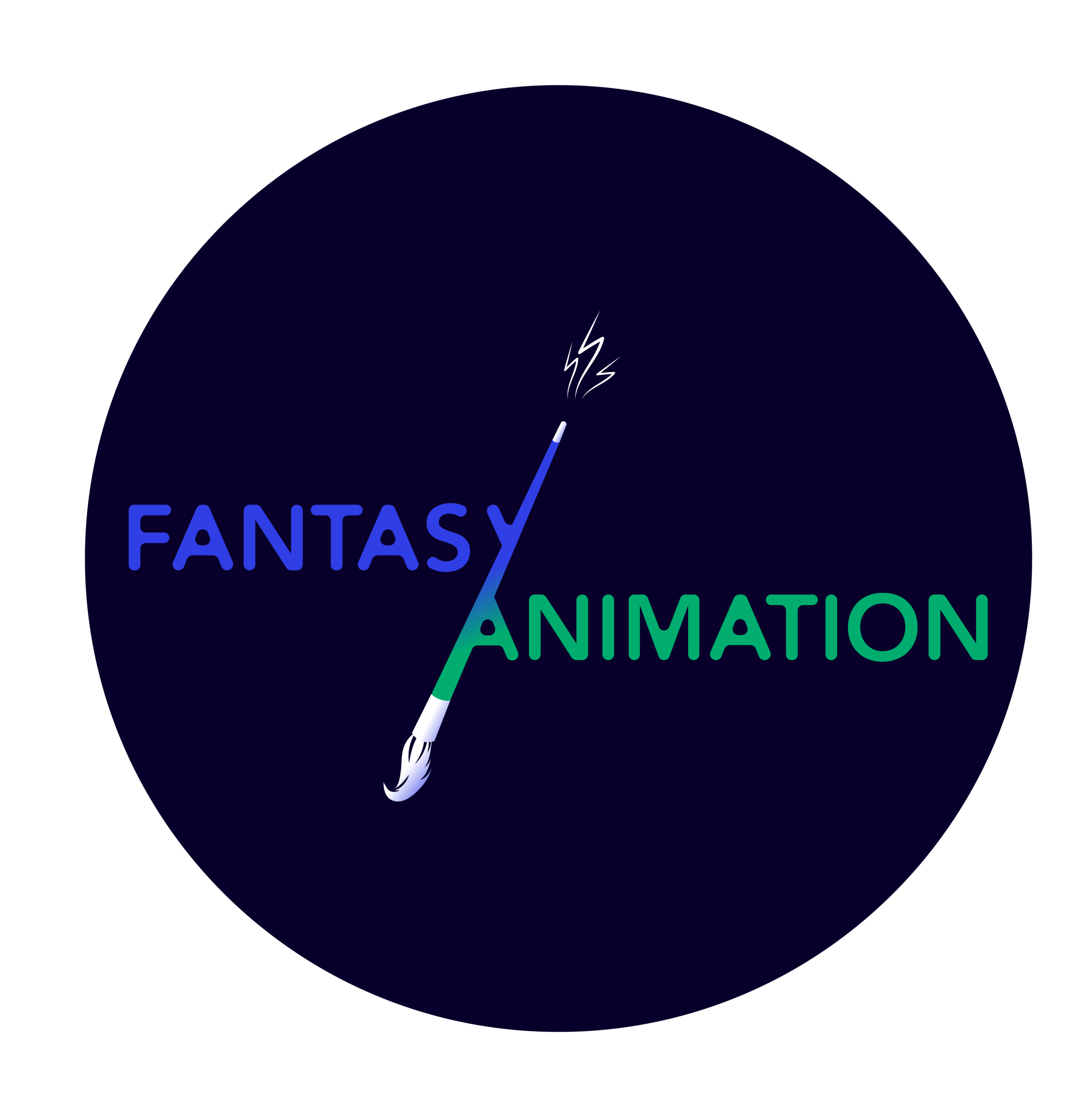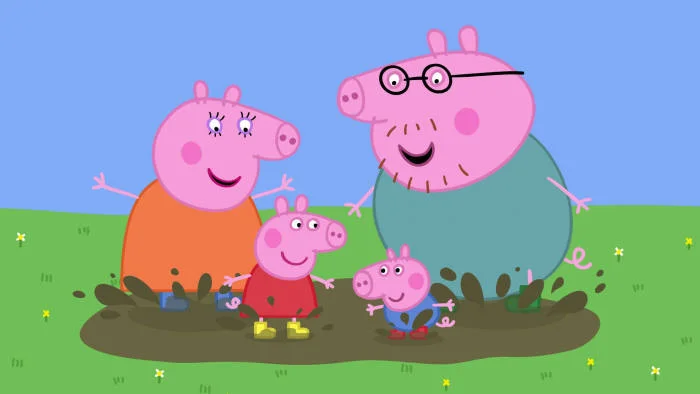Part-Western, part-dinosaur epic, The Valley of Gwangi (Jim O’Connolly, 1969) is a fantasy that combines the icons and images of the frontier myth together with stop-motion animation directed by Ray Harryhausen, a project that he had himself inherited from his mentor Willis O'Brien. Set in Mexico at the turn of the 20th century, and with a plot that involves the capture of a living Allosaurus by a gang of cowboys, The Valley of Gwangi stands as Harryhausen’s final ‘dinosaur film’, one whose effects imagery is the fullest expression of his unique handling of stop-motion creatures. Joining Chris and Alex for episode 33, and to discuss the power of The Valley of Gwangi’s stop-motion puppetry, is award-winning animator Astrid Goldsmith (a.k.a. Mock Duck Studios).
Read MoreHalloween is well and truly upon us for Episode 32, with Chris and Alex getting to grips with spooky stop-motion feature Corpse Bride (Tim Burton, 2005). Joining them is animator Emily Mantell, Storyboard Staff Assistant on the film and currently Head of Animation at University of Wolverhampton. Expect proceedings to take a turn for the ghoulish - if not become a little ‘topsy turvy’ - as they discuss the art and labour of storyboarding within animated feature-film production; vocal performances and animating to the voicetrack; the role of ambivalent feminine unruliness embodied in the eponymous corpse bride; themes of outsiderdom and the grotesque; and the broader creative messiness of stop-motion.
Read MoreFor episode 31, Chris and Alex are joined on their swashbuckling adventure by stop-motion animator Richard Haynes (Arts University Bournemouth) to discuss his work on Aardman Animations’ The Pirates! In an Adventure with Scientists! (Peter Lord, 2012), as well as a few other animated feature films and television series along the way. Topics include how The Pirates! In an Adventure with Scientists! differs from the traditional shape of Aardman’s exaggerated and lavish fantasy worlds; the production pipeline of stop-motion feature films; the Britishness of the clean and crisp homemade style of the Aardman studio; and the philosophies of performance with (and around) the ‘animated’ character of the camera.
Read MoreEpisode 30 marks a return to the work of both Studio Ghibli and filmmaker Hayao Miyazaki, as Chris and Alex build on their discussion of My Neighbor Totoro with a journey to Laputa: Castle in the Sky (Hayao Miyazaki, 1986), an animated fantasy that follows the magical Sheeta and companion Pazu from a mining community of Japan up into the skies thanks to the floating powers of a mythical crystal. To discuss this early Ghibli feature, they are joined by Dr Robert Maslen, Senior Lecturer in English Literature (University of Glasgow) and founder of the MLitt English Literature: Fantasy, the first graduate programme in the world specifically dedicated to the study of fantasy and the fantastic.
Read MoreChris and Alex return to the work of the Fleischer studios for episode 29, following up their discussion of Gulliver’s Travels with Mr. Bug Goes to Town (Dave Fleischer, 1941), similar in concept and design to its predecessor and loosely inspired by Belgian poet Maurice Maeterlinck's book The Life of the Bee (1901). The second (and final) cel-animated feature film produced by the Fleischers, Mr. Bug Goes to Town negotiates the conflict between an insect community and the threatening human world, all framed by an environmental narrative of modernisation, redevelopment and urban sprawl.
Read MoreEpisode 28 sees Chris and Alex joined in their world of pure imagination by Stuart Messinger, VFX Coordinator on Charlie and the Chocolate Factory (Tim Burton, 2005), to discuss the part-musical, full-fantasy and live-action/CGI adaptation of Roald Dahl’s popular story. Topics include Stuart’s work on the film in digital visual effects at the Moving Picture Company; the collaborative nature of multi-studio effects production on feature-length blockbusters; the practical and artistic challenges of animating live-action plates; the combination of 2D (matte) and 3D (sub-surface scattering) technologies; and the integration of realist aesthetics together with the surrealistic imagery and fantastic stylisations conjured by Dahl’s original 1964 story.
Read MoreEpisode 27 has Chris and Alex swinging their way into a superhero-filled multiverse to discuss the narrative strategies and visual dynamism of Spider-Man: Into the Spider-Verse (Bob Persichetti, Peter Ramsey and Rodney Rothman, 2018), the highly-successful computer-animated feature film from Sony Pictures Animation. Caught in the fantasy/animation web for this latest instalment is Simran Hans, film critic and culture writer whose work has appeared in The Observer, The Guardian, Buzzfeed, Dazed, The Fader and Sight & Sound.
Read MoreFor episode 26, Chris and Alex are joined by special guest Barry J.C. Purves, renowned stop-motion animator, director and screenwriter who is also the author of Stop Motion: Passion, Process and Performance (Burlington, MA: Focal Press, 2007). The focus of their conversation is the monster epic King Kong (Peter Jackson, 2005), the digital VFX-heavy remake of the original 1933 film of the same name, and a film upon which Barry himself worked as part of the animation department.
Read MoreVenturing to Middle-earth, and ably accompanied on this opening stage of their podcasting quest by Shaun Gunner, chairman of the Tolkien Society, Chris and Alex discuss the first of Peter Jackson’s Lord of the Rings adaptations, The Fellowship of the Ring (2001). Journeying from the Shire on the way to Mount Doom, episode 25 debates Tolkien’s ability to craft believable genealogies and histories in his high fantasy realms; cartography, map-making and the geographical consistency of fictional worlds; and the film’s relationship to post-millennial Hollywood franchises via technological developments in digital visual effects.
Read MoreEpisode 24 takes a walk through the terrain of animated documentary, with Chris and Alex joined by Dr Bella Honess Roe (Senior Lecturer and Programme Director for Film Studies, University of Surrey) to discuss the relationship between truth, authenticity and animation in Waltz with Bashir (Ari Folman, 2008). Documenting his own personalised account of the Lebanon war, Folman’s feature film provides a useful test case to think about how fantasy and animation might be applied within a non-fiction context.
Read MoreIn episode 23, Chris and Alex turn to the work of the Fleischer studios, looking at the second North American animated feature film Gulliver’s Travels (Dave Fleischer, 1939), an adaptation of Jonathan Swift’s seminal work of fantasy fiction. As something of a follow-up to Walt Disney’s Snow White and the Seven Dwarfs (David Hand, 1937), the film raises questions about animation’s creative ability to render perspectival shifts and ‘scaled’ imagery of ‘big’ versus ‘small’; world-building and the intrusive fantasy of human figuration; and the surrealist design of the Flesichers’ characters offset against Disney’s more ‘hyperrealist’ aesthetic.
Read MoreEpisode 22 marks a return to the small screen, as Chris and Alex discuss the BBC television stop-motion animated series Pogles’ Wood (Oliver Postgate, 1965-1967), produced by renowned British production company Smallfilms. The Fantasy/Animation team are joined for this latest installment by Simon Costin, artist, set designer and director of the Museum of British Folklore, a project devoted to celebrating and researching the UK's rich folkloric cultural heritage.
Read MoreIn episode 21, Chris and Alex are joined by Steve Henderson - Editor of the Skwigly Online Animation Magazine and Director of the Manchester Animation Festival, and Senior Lecturer in Animation at the Manchester School of Art - to discuss the Disney animated musical Aladdin (Ron Clements & John Musker, 1992). With the live-action/CG remake soon to hit cinema screens, this episode provides the perfect opportunity to revisit what has made this popular cel-animated fantasy so enduring among audiences.
Read MoreEpisode 20 welcomes Professor Richard Dyer (Emeritus Professor of Film Studies, King's College London and Professorial Fellow in Film Studies, University of St Andrews) to the podcast, joining Chris and Alex to discuss the popular British animated television series Peppa Pig (Neville Astley & Mark Baker, 2014-).
Read MoreFor episode 19, Chris and Alex revisit the Walt Disney Studio and its adaptation of Victor Hugo’s nineteenth-century Gothic novel for its cel-animated musical The Hunchback of Notre Dame (Gary Trousdale & Kirk Wise, 1996). A melodrama set against the backdrop of medieval Paris, the film reworks its classic source material and gives it the Mouse House treatment, bringing Hugo’s mature literary Gothicism together with Disney’s ‘cartoon’ principles.
Read MoreEpisodes 17 and 18 come to you live from the 2019 Society for Cinema and Media Studies Conference, held in Seattle, Washington, USA! Hear Chris and Alex report on the ins and outs of attending the largest academic media conference in the world, providing you with insights into the various panels, delegates and procedures of the event through a series of interviews with the best and brightest from the worlds of fantasy and animation.
Read MoreEpisode 16 heralds the first Fantasy/Animation crossover instalment, with Chris and Alex joined by Michael Glass and José Arroyo, also known as the Eavesdropping at the Movies team. The focus of their discussions is Pixar’s feature film Coco (Lee Unkrich, 2017), a computer-animated fantasy inspired by the Mexican ‘Día de los Muertos’ (Day of the Dead) holiday. Seizing their moment, the foursome touch on issues of cultural specificity, authenticity and appropriation; its expressive use of luminescent lighting to illuminate its styles and details; and the themes of grief, ancestry, history and heritage that support the structures of a film whose two interconnected worlds of life and death are powered by the vitality of memory.
Read MoreIn episode 15, Chris and Alex log on to Tron (Steven Lisberger, 1982), a watershed moment in the history of computer animation and one that taps into the early electronic spectacle of digital visual effects within a Hollywood context. Representing the wonder of - if not the cultural anxieties surrounding - the newness of computers and virtual reality (as well as the growing popularity of videogames), the film reframes cyberspace as a complex three-dimensional fantasy world.
Read MoreRecorded live at the London Anime & Gaming Con during a special “Fantasy in Anime” panel on Saturday 16th February 2019, this bonus episode of the podcast has Chris and Alex joined by an audience of passionate Japanese anime fans brought together through the Animeleague community. Tune in to hear an energetic discussion of anime authorship, the role of fantasy and imagination in cartoon narratives, and the creative compatibility between characterisation and design.
Read MoreFar from being unlucky, episode 13 offers listeners a bumper line-up as Chris and Alex are joined by special guest Jez Stewart - curator at the BFI National Archive and expert on British animation history - to talk about Animal Farm (John Halas & Joy Batchelor, 1954). Taking on this celebrated animated adaptation of George Orwell’s popular novel, they discuss the production history of Britain’s first animated feature film and the vital role of archival material, alongside broader questions of cartoonal allegory via the narrative’s heavy politicised visions of anthropomorphic left-wing uprising.
Read More























